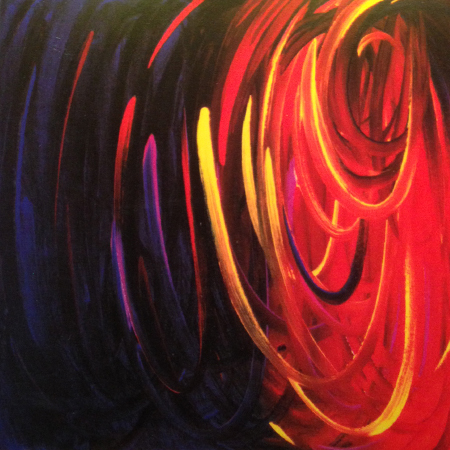Starting Points
Death and grief are inevitable human experiences. Our innate drive and need to secure attachments and build relationships with others binds us to the eventual experience of loss and grief. Below are some basic principles to keep in mind as you browse through the pages of this website.
The drive to bond and create relationships is innate from birth and endures throughout our lifetime. It is basic to our humanity. The absence of healthy relationships results in suffering. Our dilemma is that the essential drive and need for relationship collides with the reality of life. Mortality establishes the fact that all of our attachments are ultimately severed at death if not earlier for another reason. Life includes events that are unpredictable and beyond our control. We will be forced to face our personal limits throughout our life. Losses that are unpredictable, beyond our control, or chosen precipitate the possibility of painful grief.
Grief is a natural consequence of loss. It is inherently and universally human. It is the expected response to the death of someone important to us.
There is no shame in grieving. Grief is a representation of the bond we have to the person who died. The bond is meaningful, and the severance of the bond is painful and disruptive.
Though grief can be intensely painful, destabilizing, and necessitate the need for support, it is not, in and of itself, a mental illness or indication of psychological instability.
Grief is an inevitable part of living. Understanding grief and attending to it with meaningful activities of mourning will be helpful.
Mourning is an active process of acknowledging the importance of the deceased and your loss of them. It is a means of remembering and honoring your life with them, and finding meaningful expression of your grief. Grief and mourning are not processes of forgetting and “moving on with your life” as if the person who died never existed.
Relationships characterized by disappointment, conflict, abuse, separation, and estrangement add complication to grief and mourning.
Grief is a paradox. Though it is universal and we all share common grief reactions, each person’s experience of loss and grief are unique. It is an experience of the most personal nature.
Personal growth is a beneficial outcome of a healthy progression of grief and mourning. Observing your grief response without judgment, attending to it with meaningful mourning activities, and integrating this universal human experience into the individual you are will be helpful for living.
Regardless of faith or lack thereof in God or a Higher Power, we can have faith in the timeless universal experience of grieving. We can know that we are not alone in the human family with our grief. Many trials have preceded us. Mourning is long established as a remedy for grief and a process for coming to accept the reality of our loss. Support is an integral part of this process.
